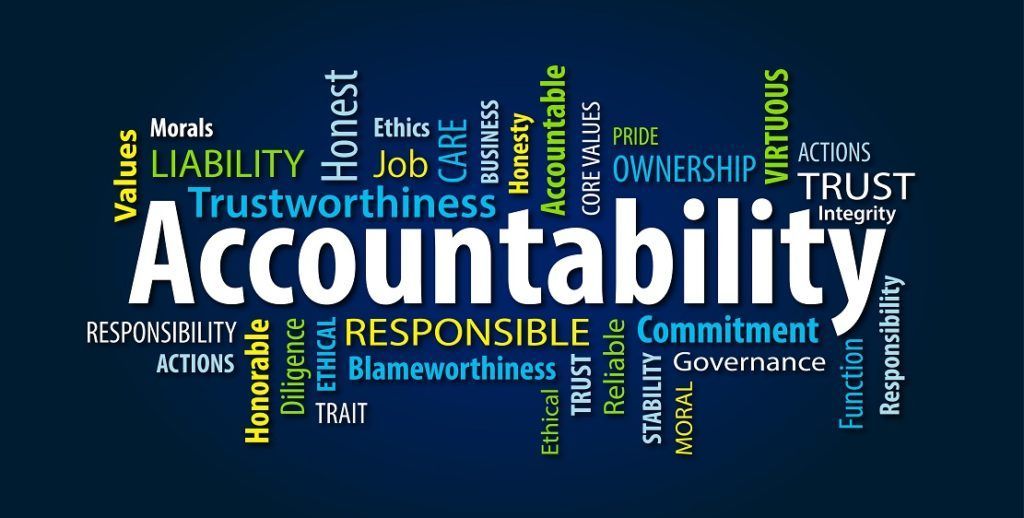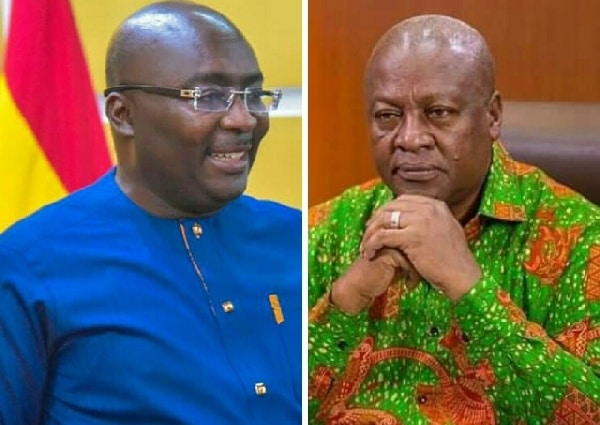As Ghana inches closer to the December 2024 general elections, the airwaves and public spaces are abuzz with the grandiose promises of political parties. The recently launched manifestos of the National Democratic Congress (NDC) and the New Patriotic Party (NPP) are the latest entries in what has become a predictable election ritual—lavish promises, bold visions, and lofty goals, all aimed at capturing the electorate’s favor. However, as history has shown, these manifestoes often fall short in the face of governance realities, leaving Ghanaians to wonder whether they are merely elaborate wish lists designed to win votes rather than genuine blueprints for national development.
The Manifesto Dance: Grand Promises, Few Results
The NDC’s 2024 manifesto, titled “Resetting Ghana,” presents an ambitious array of initiatives, from scrapping unpopular taxes to implementing a 30% quota for women in political appointments. The NPP’s manifesto, on the other hand, focuses on continuing its digitalization agenda, completing the Agenda-111 hospitals, and reinforcing anti-corruption measures. Both manifestos, like those before them, paint a picture of a brighter future where economic hardships are alleviated, social equity is achieved, and governance is transparent and efficient.

However, if history is any guide, Ghanaians have reasons to be skeptical. Manifestoes from previous administrations—both NDC and NPP—have also been filled with similarly ambitious plans, yet the track record of delivery remains patchy at best. For instance, the NPP’s 2016 manifesto promised the establishment of a factory in each district under the One District, One Factory (1D1F) initiative. While some progress has been made, the program has not achieved the nationwide industrialization initially envisioned. Similarly, the NDC’s “Better Ghana Agenda” in 2008 promised significant improvements in infrastructure, but many of these projects either stalled or were not fully realized during their tenure.
The Reality Check: Governance and Delivery
One of the fundamental challenges in translating manifesto promises into reality is the complex nature of governance. While manifestos outline what political parties intend to do, they often fail to account for the numerous hurdles that can impede implementation—bureaucratic inefficiencies, limited financial resources, and shifting political priorities, to name a few. The grand visions often clash with the harsh realities of budget constraints and administrative bottlenecks.
Take, for instance, the NPP’s ongoing struggle with the Agenda-111 hospital project. Despite being a centerpiece of their health policy, the project has been marred by delays, funding challenges, and logistical issues. As of 2024, many of the promised hospitals are yet to be completed, highlighting the gap between manifesto promises and on-the-ground delivery.
The Politics of Manifestoes: Winning Votes vs. Governing
Manifestoes in Ghanaian politics have increasingly become tools for electoral victory rather than governing roadmaps. Political parties often craft these documents with an eye on the immediate electoral cycle, prioritising vote-winning promises over long-term strategic planning. This approach leads to a focus on populist measures, such as tax cuts or free services, rather than the more difficult but necessary structural reforms that would lay the groundwork for sustainable development.
Moreover, the frequent change in government exacerbates the problem of continuity. Successive governments often abandon or significantly alter the projects and policies of their predecessors, leading to a cycle of incomplete projects and wasted resources. For instance, the NDC has already hinted that if elected, it would review or discontinue certain initiatives started by the current NPP administration, a practice that has become all too common in Ghanaian politics.
A Call for Accountability and Realism
For Ghana to break free from this cycle of lofty promises and disappointing outcomes, there needs to be a fundamental shift in how political manifestos are viewed and used. Instead of serving merely as campaign documents, manifestos should be treated as binding contracts with the electorate, with clear benchmarks for accountability. Political parties must also embrace a more realistic approach to governance, prioritising policies that are not only desirable but also feasible within the constraints of the national budget and administrative capacity.

Furthermore, there is a need for a more informed and engaged electorate that demands not just promises, but also detailed plans for implementation and a track record of delivery. Civil society organisations and the media have a crucial role to play in scrutinising these manifestos, tracking progress, and holding political leaders accountable.
Conclusion: The Future of Manifestoes in Ghanaian Politics
As Ghanaians prepare to cast their votes in the upcoming elections, they would do well to remember the lessons of the past. Manifestos are important, but they are only as valuable as the commitment of the parties to implement them. The challenge for Ghana is not just to elect leaders who can make promises, but to choose those who can deliver on them. The true test of leadership lies not in the ability to craft a compelling manifesto, but in the capacity to translate that vision into tangible improvements in the lives of the people.
In the end, Ghanaians must ask themselves: Will this election cycle be any different, or will it be another round of broken promises and missed opportunities? The answer lies not only in the manifestos of the political parties but in the collective will of the people to demand more from those who seek to lead them.

